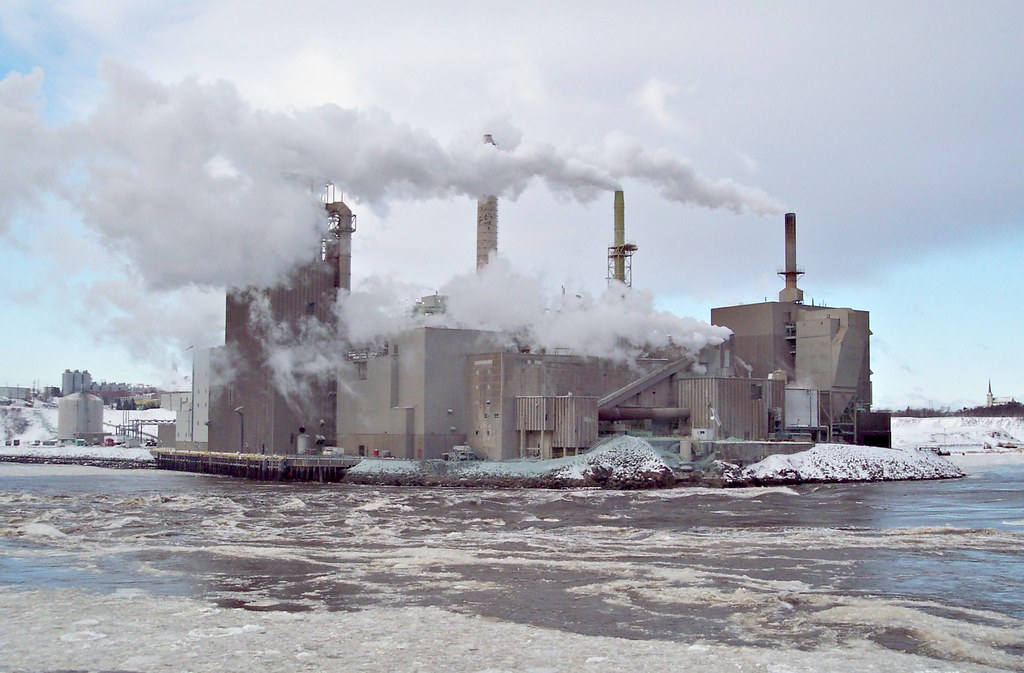
Photo credit CanadaGood
I hate paper.
Always have. If there is a way to do something electronically, rather than on paper, I will always chose the electronic way.
Why? Well, as I said in a previous post:
- The pulp and paper industry is the single largest consumer of water used in industrial activities in OECD countries and is the third greatest industrial greenhouse gas emitter, after the chemical and steel industries (OECD Environmental Outlook, p. 218)
- Most of the world’s paper supply, about 71 percent, is not made from timber harvested at tree farms but from forest-harvested timber, from regions with ecologically valuable, biologically diverse habitat. (Toward a Sustainable Paper Cycle: An Independent Study on the Sustainability of the Pulp and Paper Industry, 1996) and
- Tree plantations host about 90 percent fewer species than the forests that preceded them. (Allen Hershkowitz, Bronx Ecology, p. 75, 2002)
Paper production is an enormous consumer of water, massive producer of greenhouse gases and it contributes significantly to loss of biodiversity.
Apart from that, if I have something in electronic format, I can back it up to the cloud, have it indexed and findable from anywhere with a mobile phone signal. Paper can be damaged in any number of ways or worse, lost.
It always infuriates me then that when I receive my bills for my landline, mobile phone, water, electricity, gas, etc. they are on paper. Why do none of these companies offer me the option of an electronic invoice?
I am reminded of this again because of a conversation I had with Ron Tetteroo of StreamServe yesterday. StreamServe are a company who streamline the billing process for large companies. One of the things things StreamServe can do for companies is help move their customers from paper to electronic billing.
What are the advantages for companies to moving from paper to e-billing? Well, apart from the positive environmental impacts, there is also the cost savings (it is far cheaper to email a bill than to send it in the post obviously). Furthermore, if your bills are delivered electronically, you can include very tailored marketing campaigns for either your own company or partner companies. If you use HTML, you could receive very detailed metrics on your campaign in realtime and even modify it in response to feedback, if necessary. You could, in effect turn the billing process into a line-of-business or revenue generator in its own right!
I asked Ron why then is e-billing not more prevalent.
It is becoming more common, he said but for companies who are not adopting e-billing the reasons can cultural, political or even financial. He gave the example of a company he mentioned e-billing to and they weren’t interested in it because their biggest customer was the post office!
Madness! Companies should be incentivising us to move to electronic billing.
I hung my head.
Still, I want my invoices delivered electronically. I am going to keep pestering the companies I do business with for electronic invoices. If enough of us ask for our bills to be delivered electronically, more companies will do it.

